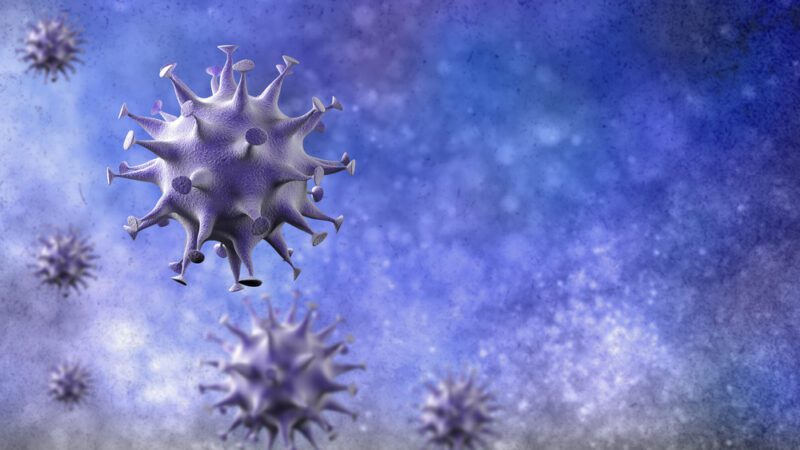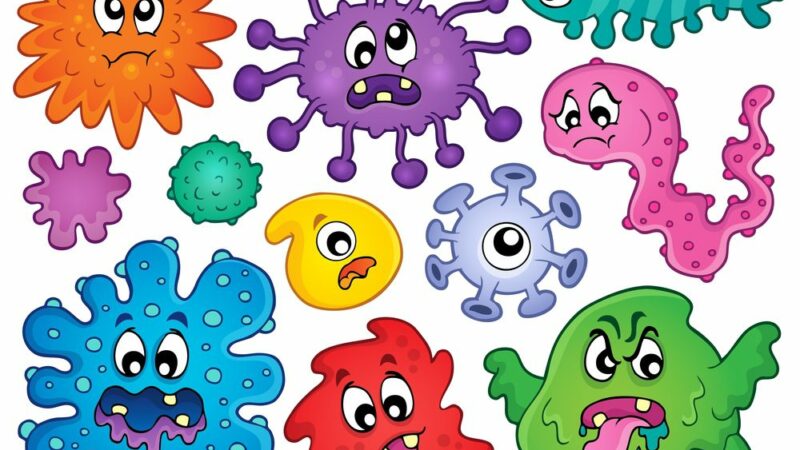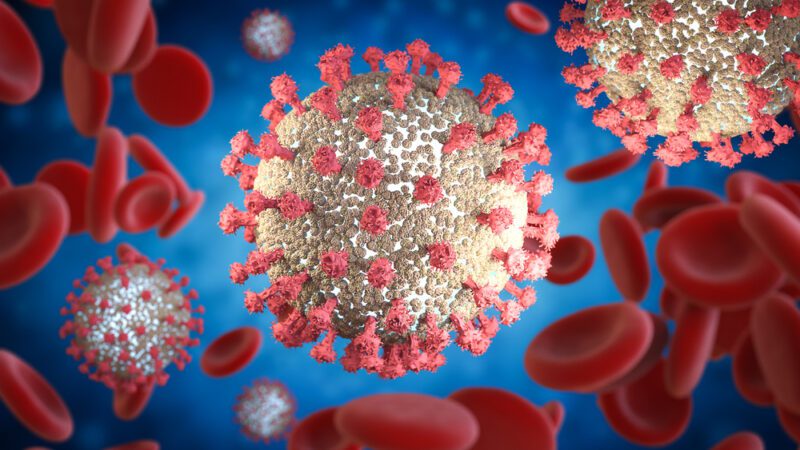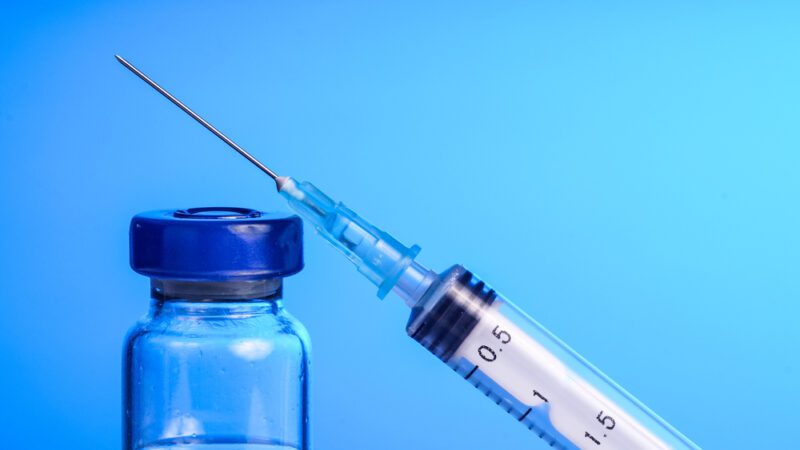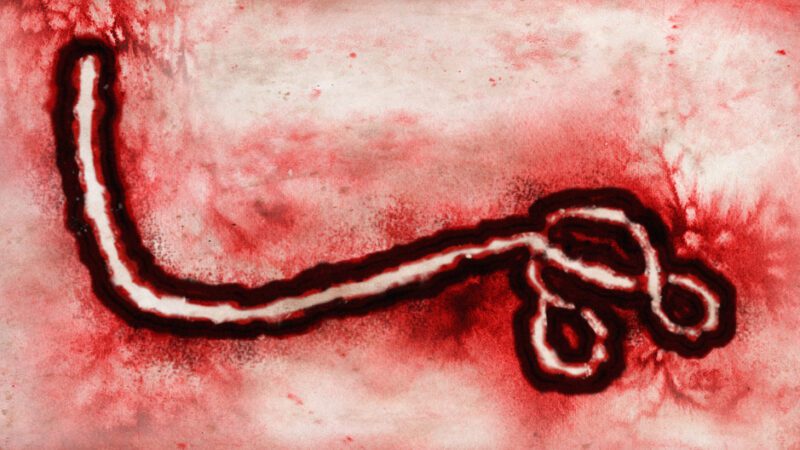Mosquitoes can spread the flesh-eating Buruli ulcer. Here’s how you can protect yourself
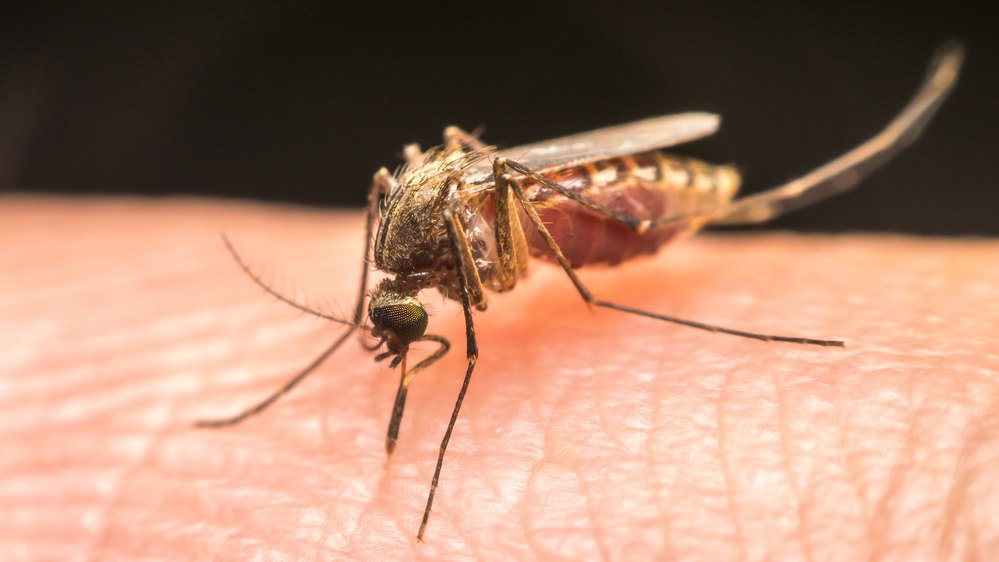
Each year, more and more Victorians become sick with a flesh-eating bacteria known as Buruli ulcer. Last year, 363 people presented with the infection, the highest number since 2004.
But it has been unclear exactly how it spreads, until now. New research shows mosquitoes are infected from biting possums that carry the bacteria. Mozzies spread it to humans through their bite. …[read more]
Background:
Buruli ulcer, also known as Mycobacterium ulcerans disease, is a neglected tropical disease caused by the bacterium Mycobacterium ulcerans. It primarily affects the skin and soft tissues, leading to the formation of nodules, plaques, and ulcers. The disease is named after the county of Buruli in Uganda, where it was first documented.
Here are some key points about Buruli ulcer:
- Causative Agent: Mycobacterium ulcerans is a slow-growing, environmental bacterium related to the bacteria that cause tuberculosis and leprosy. The exact mode of transmission is not fully understood, but it is believed to involve contact with contaminated water or soil.
- Geographical Distribution: Buruli ulcer is most commonly reported in West and Central Africa, as well as parts of Southeast Asia, Australia, and the Western Pacific. It predominantly affects rural communities with limited access to healthcare and poor sanitation.
- Clinical Presentation: The disease typically begins with painless swelling of the skin, usually on the limbs or face. Over time, the swelling may progress to the formation of nodules, plaques, and eventually open ulcers. The ulcers can be extensive and lead to functional disabilities if not treated promptly.
- Diagnosis: Diagnosis is often based on clinical signs and laboratory tests, such as PCR (polymerase chain reaction) to detect the presence of Mycobacterium ulcerans DNA. Biopsy and culturing the bacterium from a tissue sample may also be performed for confirmation.
- Treatment: The recommended treatment for Buruli ulcer is a combination of antibiotics, specifically rifampicin and clarithromycin or streptomycin. Early detection and treatment are crucial to preventing the progression of the disease and reducing the risk of complications.
- Prevention: Preventive measures include avoiding contact with potentially contaminated water or soil, wearing protective clothing, and practicing good wound care. Improving sanitation and access to clean water can contribute to the prevention of Buruli ulcer.
- Global Health Impact: Buruli ulcer is considered one of the neglected tropical diseases by the World Health Organization (WHO). While it is not fatal in most cases, it can cause severe disabilities and leave affected individuals with long-term physical and social challenges.
